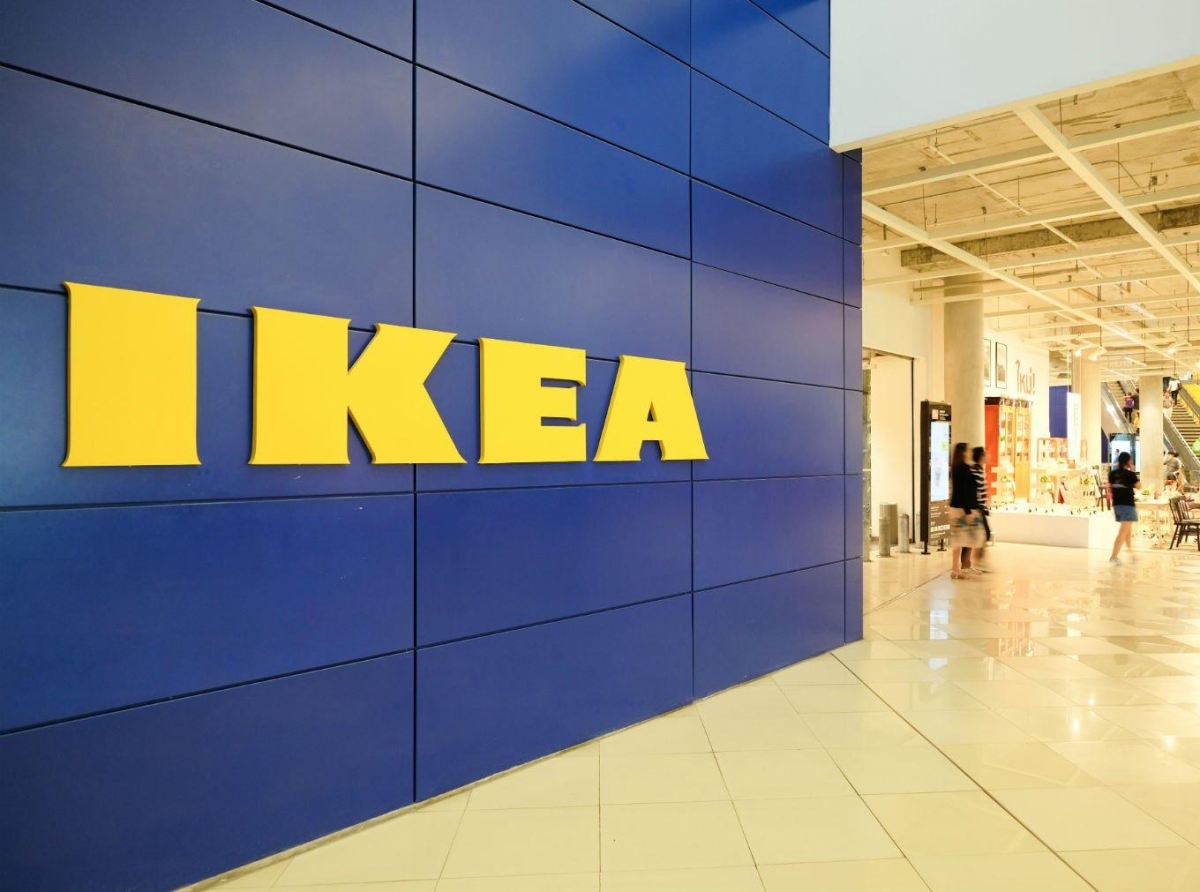IKEA Revamps India Strategy: Smaller stores, bigger reach

12 July 2024, Mumbai
IKEA, the Swedish furniture giant, is shifting gears in India. After establishing a foothold with large format stores in major metros, the company is now setting its sights on a wider audience through a focus on smaller retail formats and an omnichannel approach.
IKEA's current footprint IKEA entered the Indian market in 2018 and as of July 2024, IKEA boasts of five physical stores across metros like Hyderabad, Mumbai, and Bengaluru. These are large format stores, spread over several acres, following the company's global model. While IKEA hasn't publicly released its revenue figures for India, it did witness over 180 million visits across its stores in the past five years. However, profitability for the Indian arm is still awaited, with the Hyderabad store expected to be the first to achieve it in 2024.
Shifting Gears: Smaller stores, wider reach
Despite the initial success, IKEA acknowledges the need to cater to a broader customer base in a country as diverse as India. Juergen Pulrerer, IKEA India's Country Retail Manager, highlights the company's intention to explore omnichannel expansion, "diverse retail formats to come closer to the many people in India". This translates to a focus on smaller stores alongside their existing flagship locations. Its omnichannel approach involves, leveraging online sales alongside physical stores. This is evident in their plans to launch online operations in Delhi NCR by the end of 2024, followed by a physical store opening in Gurugram in 2025.
While metros like Delhi NCR remain a priority, IKEA is also looking to expand into Tier II and Tier III cities. Pune and Chennai are potential targets, indicating a strategic move to capture the growing middle class in these regions
Evolving business model
The reason for the shift is multifold. Firstly, real estate costs in prime locations, especially in Tier I cities, can be prohibitive for large stores. Secondly, consumer habits in India are changing. Online shopping is booming, and customers might prefer a curated in-store experience with easier access to products they can then purchase online for delivery. This would be a significant change from IKEA's traditional model that heavily relies on in-store purchases after navigating a large showroom.
IKEA's shift towards smaller stores and an omnichannel approach signifies its commitment to the Indian market. Whether this strategy proves successful in reaching new customers and achieving profitability remains to be seen. However, it's a clear acknowledgement of the evolving retail landscape in India, where convenience and online access are key drivers.
























